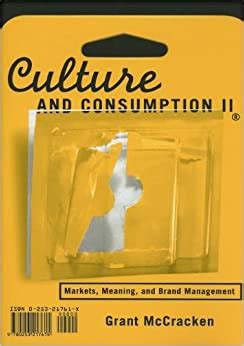A Quote by Christopher Isherwood
The Nazis hated culture itself, because it is essentially international and therefore subversive of nationalism. What they called Nazi culture was a local, perverted, nationalistic cult, by which a few major artists and many minor ones were honored for their Germanness, not their talent.
Related Quotes
On the Bigotry of Culture: : it presented us with culture, with thought as something justified in itself, that is, which requires no justification but is valid by it's own essence, whatever its concrete employment and content maybe. Human life was to put itself at the service of culture because only thus would it become charged with value. From which it would follow that human life, our pure existence was, in itself, a mean and worthless thing.
We are in the process of creating what deserves to be called the idiot culture. Not an idiot sub-culture, which every society has bubbling beneath the surface and which can provide harmless fun; but the culture itself. For the first time, the weird and the stupid and the coarse are becoming our cultural norm, even our cultural ideal.
I've gone into prisons, I've gone into schools, I've gone into corporations, all over the world. It doesn't matter where you go, people are essentially the same. Our culture is different, but culture is nothing but group habit, culture is paradigm and when you get past the culture, people are essentially the same.
You often hear attacks on international adoption as robbing a child of his or her culture, and that's both true and false. It's true that an internationally adopted child loses the rich background of history and religion and culture and language that the child was born into, but the cruel fact is that most children don't have access to the local, beautiful culture within an orphanage.
A free culture is not a culture without property; it is not a culture in which artists don't get paid. A culture without property, or in which creators can't get paid, is anarchy, not freedom. Anarchy is not what I advance here. Instead, the free culture that I defend in this book is a balance between anarchy and control.






































